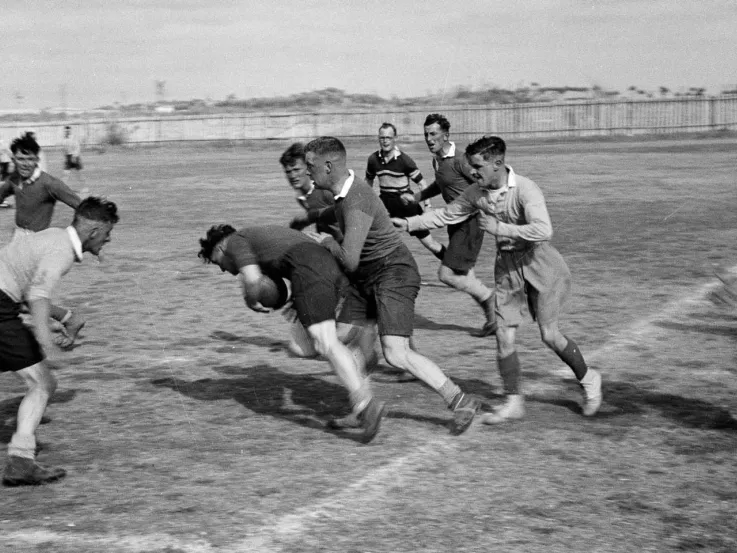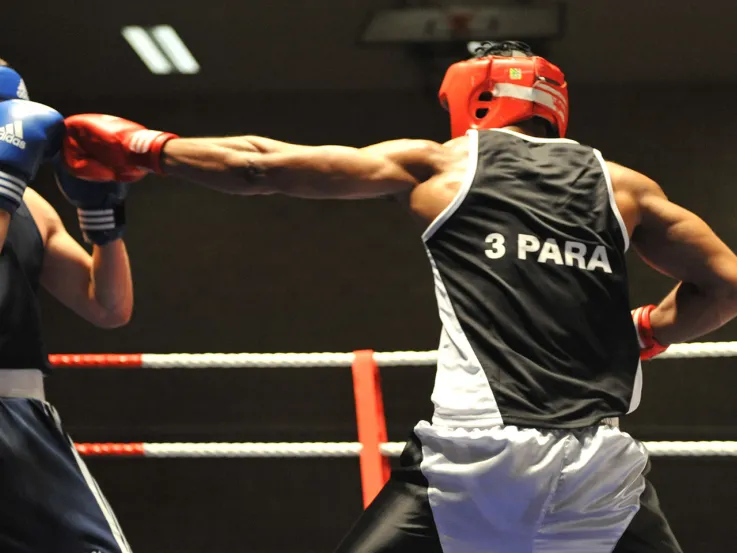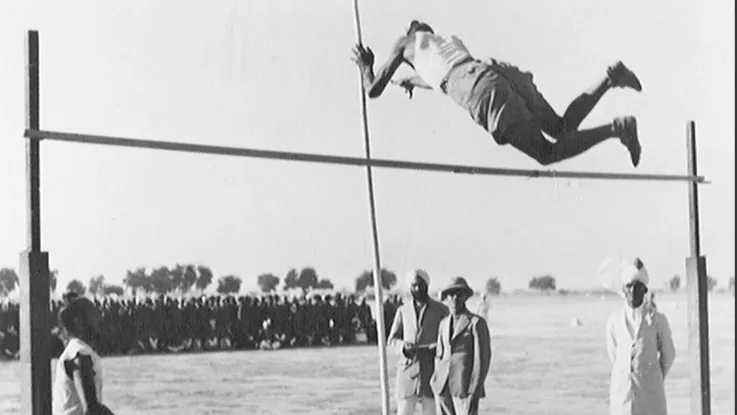Football and War: The First World War

Footballers of 17th Battalion, The Middlesex Regiment, c1915
Join our panel of experts as they discuss the role and importance of football during the First World War, both for those fighting on the front and for British society at large.
Football has been a feature of Army life since the mid-19th century. From kickabouts in military bases around the world to helping establish the professional game we know today, the British Army and its soldiers have long been passionate about the sport.
During the First World War, men’s and women’s football proved to be controversial, important, inspirational, morale-boosting and an agent for social change for those in uniform, as well as those on the Home Front.
In this special evening event, hear from leading experts as they discuss the fascinating ways in which football affected the First World War, from its use a tool of recruitment and camaraderie to its impact on women's role in society.
This event is part of our Football and War series, presented in partnership with the Army Football Association, The Western Front Association and the Football and War Network.
Schedule
5.30pm – Doors open
6.30pm – Event begins
8.00pm – Event ends
About the Panel
Alexander Jackson
Dr Alexander Jackson is a curator at the National Football Museum in Manchester. He is the author of ‘Football’s Great War: Association Football on the English Home Front, 1914-1918’ (Pen & Sword), which was awarded the 2023 Lord Aberdare Literary Prize by the British Society for Sports History.
Clive Harris
Following the publication of ‘The Greater Game, Sporting Icons Who Fell in the Great War’, Clive completed his master’s degree in Great War Studies at Wolverhampton. An accomplished writer and speaker, he was the 2020 Douglas Haig Fellow and is a member of the British Commission for Military History. Clive is currently researching a PhD on the impact of football in the British Army during the First World War.
Carrie Dunn
Dr Carrie Dunn is a journalist and writer. Her books include ‘”Unsuitable for Females”: The Rise of the Lionesses and Women’s Football in England’, nominated for the 2023 Football Book of the Year Award, and ‘The Reign of the Lionesses: How European Glory Changed Women's Football in England’. Carrie’s most recent book is ‘Woman Up: Pitches, Pay and Periods - The Progress and Potential of Women's Football’. She has covered multiple Women's World Cups for ‘The Times’ and Eurosport, and is a regular voice on BBC radio.
About our event partners
Army Football Association
Established in 1888, the Army FA is a county football association with responsibility for clubs, players and referees in the British Army.
Western Front Association
The Western Front Association was formed with the purpose of furthering interest in the First World War of 1914-18. It aims to perpetuate the memory, courage and comradeship of all those who served their countries on all sides.
Football and War Network
The Football and War Network is made up of historians of war with an interest in football, as well as football club historians.




